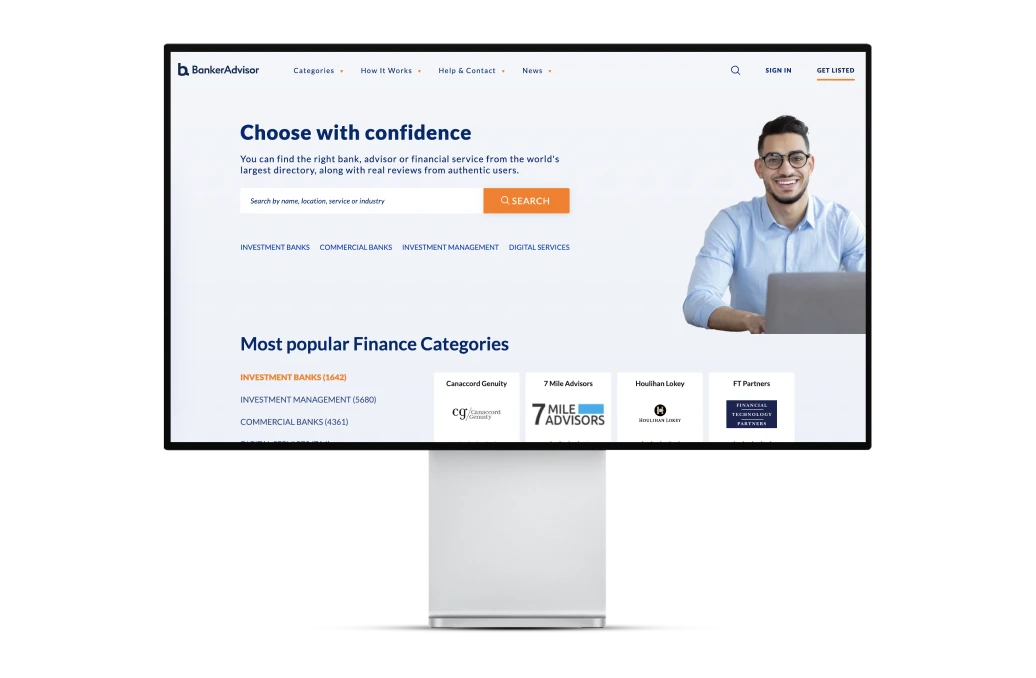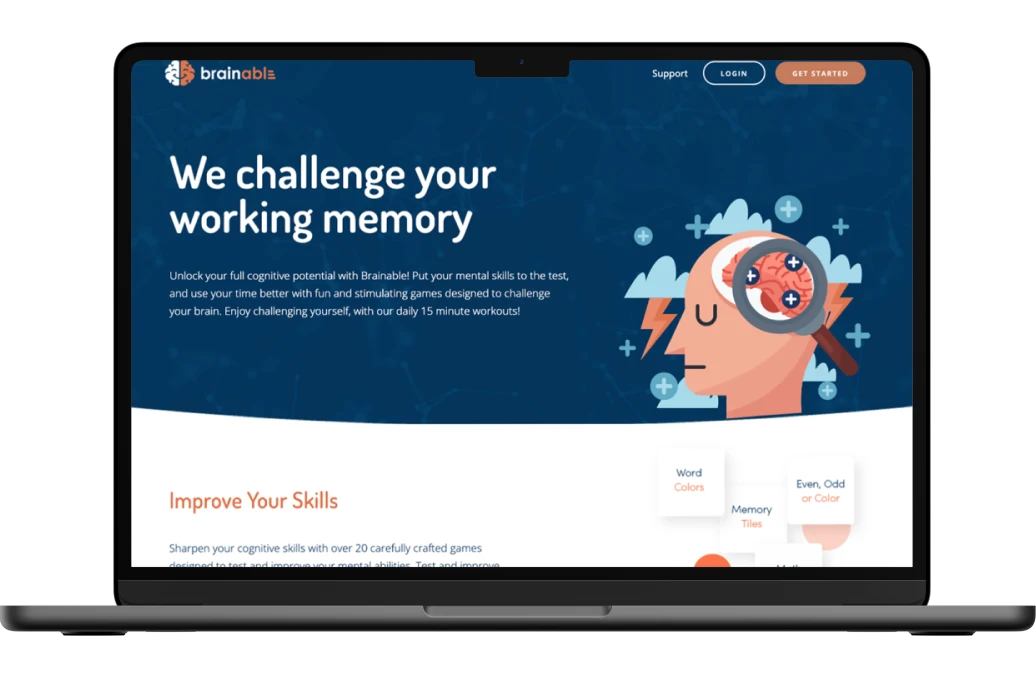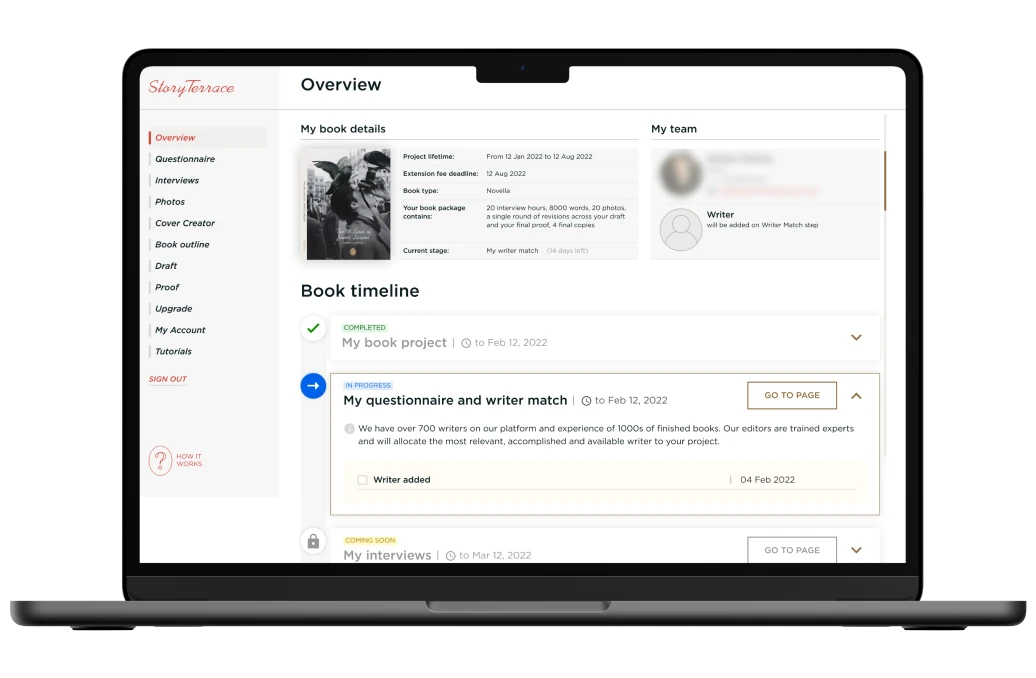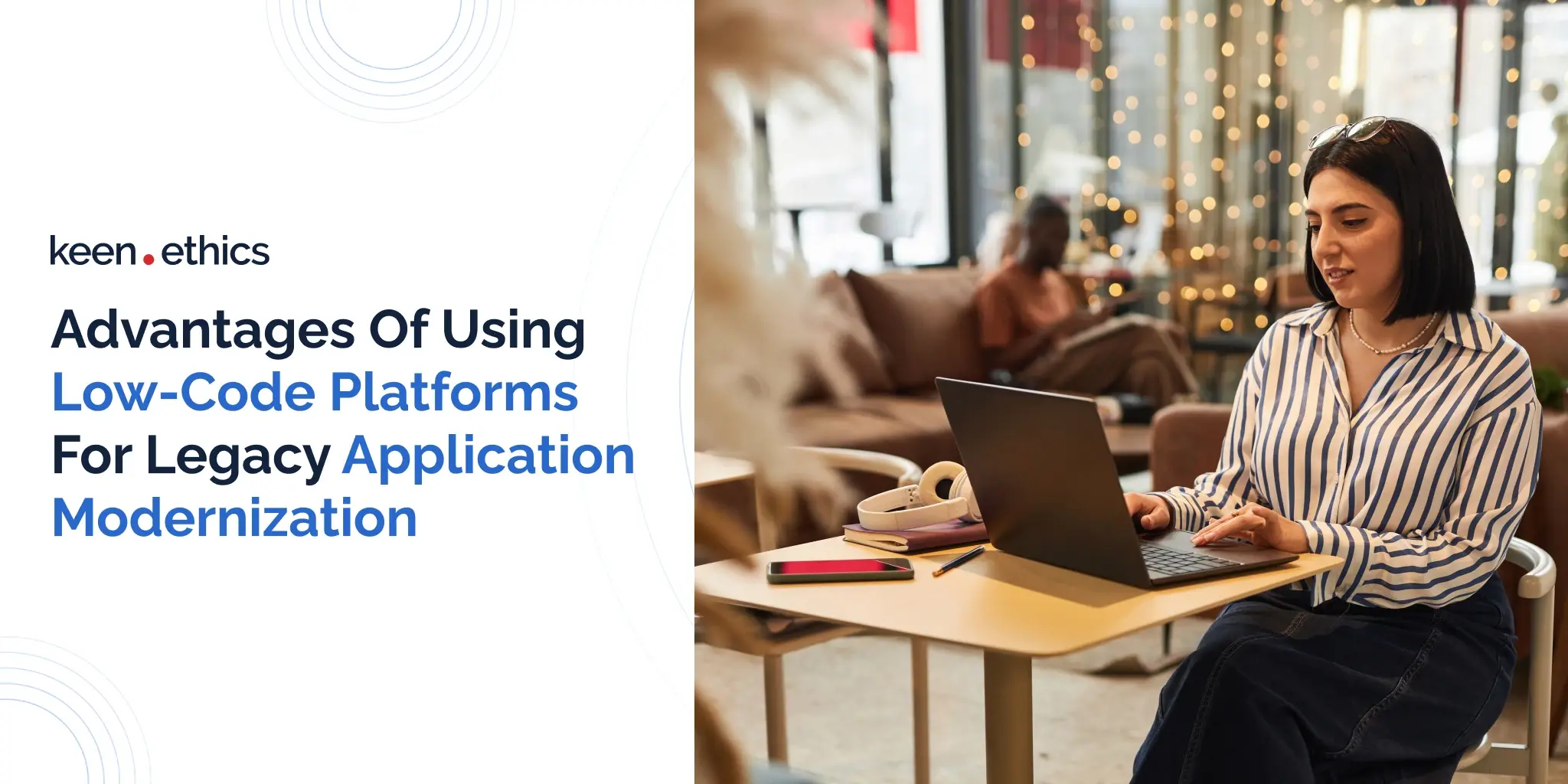Understanding MLS and IDX systems is one of the biggest challenges for newcomers to the real estate market. In this article, we provide an accessible guide that clarifies what IDX frameworks are and highlights their key differences in comparison to MLS systems.
Millions of real estate agents and brokers across the world are using MLS and IDX services to offer better services to their customers. A high-quality MLS coupled with an IDX allows real estate agents to have an overarching view of the real estate market in their region and enjoy the benefits of broker reciprocity by sharing information about various real estate properties in their area of operations. So, what is IDX in real estate exactly? In this article, we provide a comprehensive yet straightforward explanation designed for both newcomers and seasoned experts.
What Is IDX, and What Are Its Main Functions?
It is impossible to understand what an IDX is without knowing why we need MLS frameworks. Despite the somewhat complex wording, Multiple Listing Services are pretty simple: these are databases of real estate properties for sale within a particular region that brokers continually update. Most MLS systems are digital today, making it easy to integrate them into real estate websites to help customers and brokers make informed, high-quality investment decisions. IDX systems, or Internet Data Exchange, are software layers typically provided by an IDX broker organization that help visualize information from an MLS database on the Internet. Below, we provide a more detailed description of why MLS systems emerged and why the IDX and MLS frameworks became inseparable in the modern real estate business.
Modern real estate agents must work with numerous real estate properties, often handling hundreds of offers in their region simultaneously. Considering the massive expansion of the real estate market in the 20th century, many brokers found themselves in a situation where it was impossible to gain a comprehensive understanding of the market through personal communication or traditional tools, such as newspapers, alone. As a result, a market for large databases of properties in specific regions and, later, entire countries emerged to assist brokers. Those databases are typically referred to as Multiple Listing Services, which store and collect information about properties from thousands of brokers, providing a dynamic information source on the real estate market. Before the rise of the Internet, early MLS databases relied on pen-and-paper systems.
Once the Internet became a prominent tool for data exchange, many real estate companies immediately switched to online tools. The Internet provided numerous high-quality tools for user-driven search, potentially enabling real estate brokers to concentrate more on tasks such as data collection. Thus, the idea of an IDX was born in the early 1990s. Many brokers sought easy-to-use tools for displaying their real estate listings online, and IDX provided them with just that. The IDX data format was easy to use and allowed for the integration of multiple MLS databases, hence initiating a massive digital transformation push in the real estate sector.
The Benefits of IDX

The benefits of IDX tools are numerous. Some of them are pretty obvious: user-driven search tools can help grow your real estate business because they allow potential customers to quickly assess whether they are ready and willing to buy properties. Nonetheless, there are some additional benefits to IDX exchange that are not always discussed:
1. IDX tools improve data transparency in the real estate sector. IDX feeds allow real estate buyers to have a more realistic view of the sector and avoid suboptimal purchases. In the past, many buyers had to communicate with dozens of brokers to gain a comprehensive understanding of the market. Few people were willing to go to such lengths, even in cases of large purchases. As a result, there was always a risk of missing a better option on the market simply due to information or communication constraints. With IDX implementation, this is no longer the case: customers can quickly review dozens of listings and form a more or less expert opinion on the market. In this way, the overall customer satisfaction levels in the industry are likely to increase as brokers are now at a significantly lower risk of misinterpreting customer requests or failing to provide a comprehensive range of options due to the limitations of pen-and-paper MLS systems.
2. IDX systems enhance the online visibility of real estate brokers. There are many misconceptions about the real estate market. Some people believe that they cannot afford property ownership due to not knowing the real price structure. Others are afraid that the purchase process is simply too difficult, and they want to leave a degree of flexibility in their lives. IDX in real estate is a perfect tool for dispelling many of those misconceptions. Customers have the opportunity to learn about the real estate market through user-friendly smartphone apps; as a result, many common fears about real estate ownership are quickly dispelled with these tools. What is IDX in real estate apart from a strong visualization tool aimed at maximizing user convenience? Above all, it is a strong marketing tool that all real estate brokers should consider.
Differences Between IDX and MLS: A Practical Perspective
We have already dived into the history of MLS and IDX innovations in the preceding paragraphs. Here, we offer a more technical explanation of their difference. Multiple Listing Services originally appeared as pen-and-paper systems, and real estate companies were among the first to adopt computer technologies for MLS tools. This peculiarity led to a significant problem for MLS tools: they are often far from user-friendly and typically require training, as well as substantial post-training expertise, from MLS brokers.
Many MLS systems tend to use legacy interfaces due to their origins in the 1990s and 2000s. A vast software and hardware infrastructure is often built around them; besides, their security standards continue to be unparalleled due to many years of dedicated bug fixes. A significant part of the data processed by MLS frameworks is also not intended to be public (for example, the contact information of sellers). Consequently, the idea of IDX integration necessarily followed from the very technical characteristics of those tools.
IDX, or Internet Data Exchange, addresses three primary issues: it enables real estate experts to present properties in a user-friendly format, preserves the privacy of both buyers and sellers, and maintains the integrity of MLS security systems by exchanging data through an isolated layer of IDX platforms. IDX listings integrate well with Web 2.0, and IDX licenses usually limit the information exchanged on those platforms to the details essential for real estate transactions. All in all, while MLS systems are complex databases designed for experts and typically centered around a vast array of functions aimed at maximizing security, IDX frameworks focus on user-friendliness and the privacy of buyers and sellers.
Interaction of IDX and MLS Platforms

The interaction between IDX and MLS platforms is quite similar to the interaction between databases and sites in other industries. MLS platforms compile vast amounts of information about real estate offerings in their regional market, and IDX tools then transform this information into a readable, Web 2.0-style flow. On the basic level, this interaction is relatively straightforward: IDX takes information from an MLS and then visualizes it via its built-in tools.
Nonetheless, some unique considerations change the overall scope of the procedures. Firstly, MLS platforms must ensure high stability, as they serve hundreds of brokers, and malfunctions in them can disrupt entire regional markets. For this reason, IDX plugins must have minimal or, preferably, no influence on the functioning of MLS systems. This can be achieved through modern software infrastructures and thorough bug testing.
Secondly, IDX systems must not have access to all information within MLS frameworks, as they typically collect a large amount of personal and sensitive data. For this reason, IDX providers usually have to work closely with MLS brokers to ensure proper data security. IDX software development typically requires in-depth testing to ensure that customer privacy is respected. In many cases, the integration of IDX solutions is likely to be smooth if it is done by an MLS provider or in a close partnership with them (for example, with the ability to review the code base of IDX tools).
The Rules and Regulations for Using IDX
Most rules and regulations for IDX systems primarily revolve around data security and transparency. Firstly, all information displayed on IDX websites cannot appear there without the direct consent of the MLS users. In practice, this means that buyers and sellers who provide their information to MLS systems must usually give explicit consent (in most jurisdictions, this consent must be in writing) before allowing their data to be displayed. Secondly, IDX websites can only take data from MLS systems with the explicit consent of the data source owners and with an apparent reference to it. Lastly, IDX technology is usually under close review by government regulators and independent real estate software auditing organizations, which set clear standards for information exchange security and even data display formats to ensure that businesses which integrate real estate listings provide data safety for customers and do not accidentally present misleading information.
What Are the Best Practices for Implementing IDX Tools?
In our opinion, the best practice for IDX software development is to ensure its compliance with governmental regulations and established industry standards (usually, they are summarized and promoted by organizations such as the National Association of Realtors). Since most rules for Internet Data Exchange typically revolve around data transparency and security, it is essential to select development practices and tech stack that support them. For example, it can be reasonable to consider Waterfall procedures for development when collecting data from MLS listings websites. While less flexible, they can ensure that your security framework is well-structured and reliable. As for the tech stack, IDX in real estate requires a combination of multiple technologies. Data exchanges with MLS databases may require a reliable and extra secure solution, such as Erlang.
At the same time, the frontend of your IDX tool can benefit from more traditional web-centric technologies, such as Node.js or React, as they are typically optimized for the specific characteristics of online environments. One additional practice we recommend is active cooperation with your Multiple Listing Service provider. In the best case, MLS experts should be a part of your development or security audit team.
Custom vs. Off-the-Shelf IDX Solutions

The choice between custom and off-the-shelf IDX solutions reflects many of the typical challenges associated with selecting these types of software. In our opinion, off-the-shelf IDX solutions are usually optimal in large markets with clearly established MLS providers and a strong set of practices aimed at regulating IDX in real estate. In such cases, you can reasonably expect that IDX solutions will be up-to-date, easy to integrate, and will not require lengthy negotiations with MLS providers.
However, this is not always the case because some markets are emerging or have unique conditions that the more general tools can’t reflect. In this case, a real estate business, whether run by an agent or broker, can benefit from investments in its custom property search tools. These tools will be better at reflecting the security and data transparency demands of the local MLS providers and include features that may be essential for displaying listings and managing listing information effectively.
In short, unique conditions may sometimes call for unique, custom IDX real estate tools, making it essential to choose the right IDX solution for your market.
Why Choose Keenethics for Custom IDX Development?
The main reason to choose Keenethics as a partner for custom IDX development and custom real estate software development in general is our significant expertise in this field. Our company has helped develop various software projects for the real estate industry, assisting its partners in optimizing processes for both experts and buyers alike. You can learn more about our specific expertise in the Case Study section of our website. We understand the primary requirements of the modern real estate market and possess the requisite knowledge to integrate MLS and IDX tools into real estate portals. More importantly, Keenethics has worked on over 130 projects in the preceding decade, and our developers possess extensive knowledge of custom development in general. All this means that you can rely on us when it comes to creating a custom IDX for real estate information listing purposes.
Wrapping Up
To summarize, real estate professionals can significantly benefit from integrating IDX technology into their everyday work practices. More importantly, many people consider the ability to search for properties to be an essential function of a real estate website. Therefore, IDX real estate instruments may be among the best ways to boost the visibility of your real estate business if you’re not using them yet. Today, they represent one of the strongest tools for real estate agents in the marketing sphere.
Learn how Keenethics can help you with this technology!












